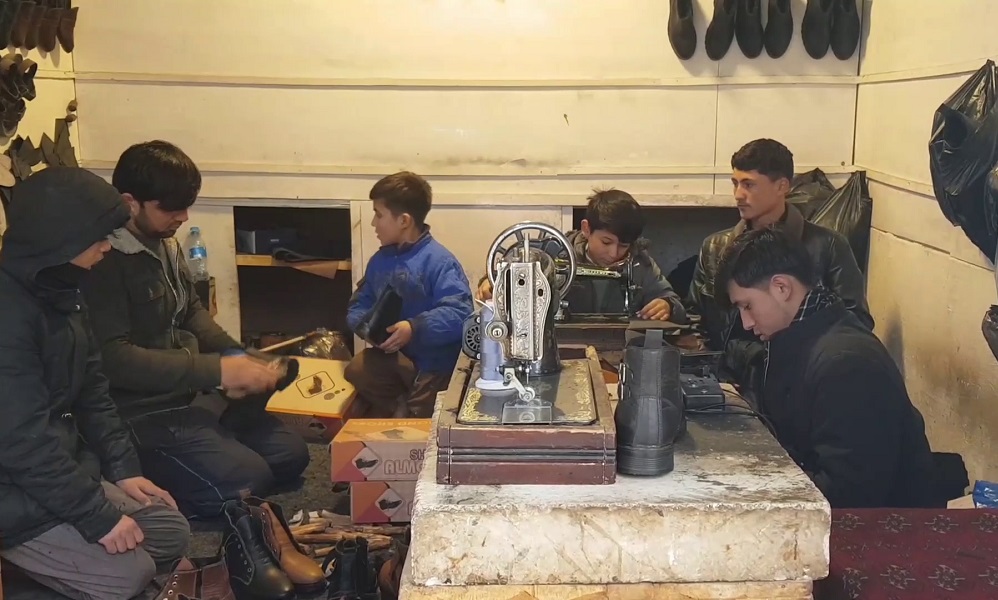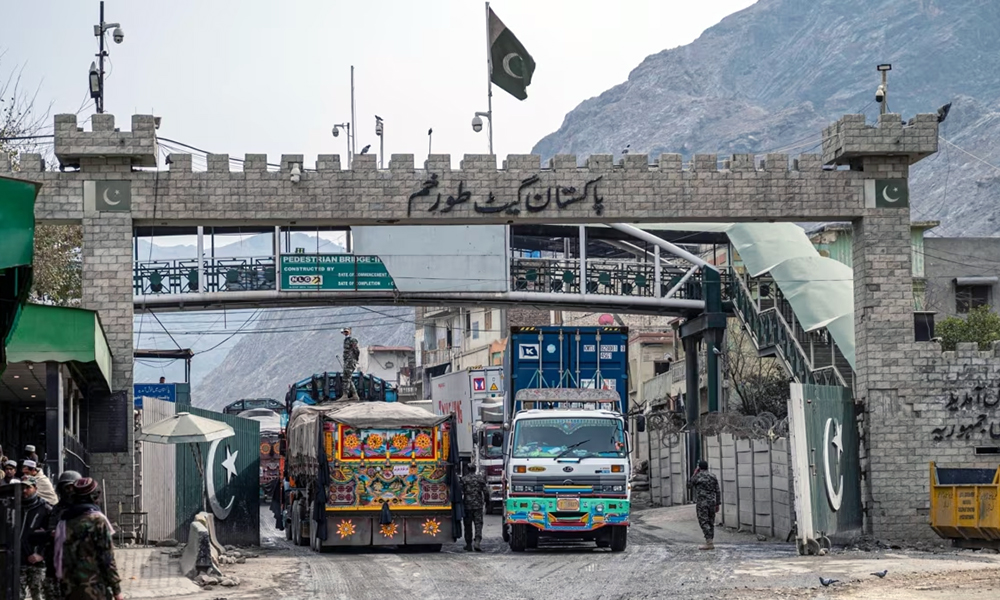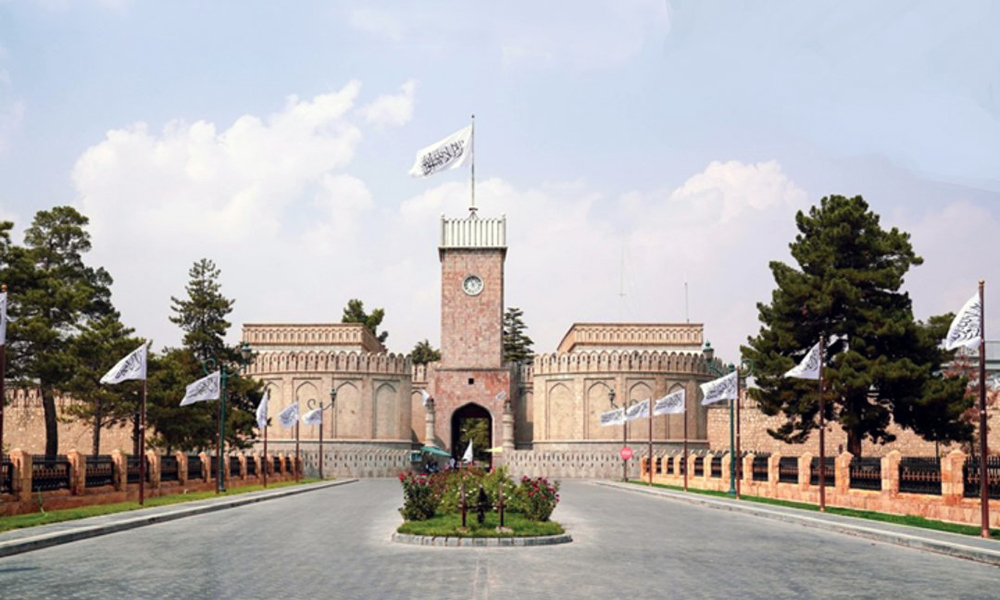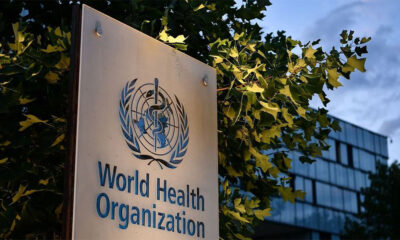Business
ADB approves $110 million grant to boost power supply to Afghanistan

The Asian Development Bank (ADB) on Wednesday approved a $110 million grant to boost power supply and strengthen Afghanistan’s energy sector by improving its sustainability and promoting cross-border trade in energy.
“The project will help address Afghanistan’s chronic power shortage by immediately doubling the volume of power imports and ensuring long-term cost-competitive electricity supply,” read a statement issued by ADB.
Once complete, the project will provide improved access to customers and facilitate 500,000 new connections to households, commercial entities, and industrial customers.
“Demand for electricity is growing rapidly in Afghanistan and is essential for the country’s economic growth,” said ADB Energy Specialist Nana Gurgenidze.
“The project will help provide reliable and affordable electricity to households and businesses by strengthening the grid and increasing power import capacity by 900 megawatts, with year-round firm energy imports of 3,000 gigawatt-hours.”
Afghanistan relies on energy imports from neighboring countries to meet its domestic demand and despite significant progress since 2002, only about 34 percent of the population has access to grid-connected electricity.
According to the ADB, the project will finance the construction of 201km of a 500-kilovolt overhead transmission line from the Surkhan substation in Uzbekistan to the Khwaja-Alwan substation in Afghanistan - a key interconnection node to receive power from Tajikistan, Turkmenistan, and Uzbekistan.
It will also fund the expansion of a line bay, including associated equipment, at the Khwaja-Alwan substation and the project will allow Uzbek power into the Afghan grid under a 10-year power purchase and sales agreement signed in August 2020 by the Afghanistan and Uzbekistan governments.
In addition, staff, including female engineers at the national power utility Da Afghanistan Breshna Sherkat (DABS), will be trained to manage cross-border power transfer and parallel operations, including emergency operation systems with CAPS, read the statement.
Business
Shoemaking industry in Takhar province facing stagnation

A number of shoemakers in northern Takhar province say that while their handmade shoes are of better quality than imported shoes, but still sales are down.
According to them, there were more than 20 shoe-making shops in the past, but now some have been closed due to the decline in sales.
The shoemakers make most of their shoes from leather. A number of industrialists say that this industry is now facing stagnation.
Abdul Raqib, a shoemaking factor owner, said: “The government should support us. Currently, we import soles. It can be made with good quality in Afghanistan, and we could even compete against Turkish shoes.”
Meraj, another shoemaking factory owner, said: “Shoe sales were higher in the republic era. There were military shoes. Sales have declined now, but we still thank Allah.”
Shoemakers make these shoes with basic tools and by hand, with 5 to 8 people working in each shop.
Javed, a shoemaker, said: “Our sales are not so good. We can make any type of shoe or slipper. We want the government to support us.”
A number of Takhar residents say that domestically produced shoes are of high quality and with lower price compared to imported shoes, so people prefer domestic products to foreign products.
Mir Ata, a resident of Takhar, said: “We are very happy about domestic shoes. People should buy it. They are of good quality.”
However, the officials of Takhar Industry and Commerce Department say that they are committed to support the industrialists.
Abdul Rahman Ghaznawi, provincial director of industry and commerce, said: “People prefer domestic shoes and slippers. Takhar’s products are sold in Kunduz, Baghlan and Badakhshan as well.”
Meanwhile, industrialists say that if the government supports them, they will be able to make the best products and can be more competitive.
Business
Daily truck clearances at Torkham drop from 400-500 to 5-10

Pakistan’s Sarhad Chamber of Commerce and Industry (SCCI) has said that daily truck clearances at Torkham crossing have declined from 400-500 to 5-10.
SCCI President Fazal Muqeem Khan said this at the signing ceremony of a memorandum of understanding (MoU) with the Pakistan-Afghanistan Joint Chamber of Commerce and Industry to promote bilateral trade and cooperation.
He said the volume of trade between Pakistan and Afghanistan had fallen from $3 billion to $1 billion annually.
Fazal Muqeem also highlighted the adverse impact of the 2% Infrastructure Development Cess (IDC) imposed by the Khyber-Pakhtunkhwa government on trade and transit.
Business
Turkish scholars, charity officials assess investment prospects in Afghanistan
Officials pledged to encourage Turkish investors to explore and capitalize on investment opportunities in Afghanistan

Afghanistan’s Acting Minister of Energy and Water, Mullah Abdul Latif Mansoor, met with a delegation of Turkish scholars and officials from the Adif Charity Foundation on Tuesday to discuss various political, religious, and social issues.
According to the Ministry of Energy and Water, Mullah Mansoor praised Adif’s humanitarian efforts in Afghanistan and highlighted the country’s ample resources for energy production.
He emphasized that Afghanistan currently offers a favorable environment for investment in all sectors, assuring the Turkish delegation of the Islamic Emirate’s commitment to ensuring the safety and security of investors and their assets.
In response, Adif officials pledged to encourage Turkish investors to explore and capitalize on investment opportunities in Afghanistan, signaling a potential boost in economic and developmental cooperation between the two nations.
-

 Latest News3 days ago
Latest News3 days agoAfghan men must stand with women to support viable future of country: US envoy
-

 Sport5 days ago
Sport5 days agoAfghanistan crush Zimbabwe by 232 runs in second ODI
-

 Regional4 days ago
Regional4 days agoPakistan’s missile program is ’emerging threat’, top US official says
-

 Sport5 days ago
Sport5 days agoBangla Tigers lift Lanka T10 Super League title
-

 World4 days ago
World4 days agoTrump-backed spending deal fails in House, shutdown approaches
-

 Latest News5 days ago
Latest News5 days agoThere are many differences between Syria and IEA: Ahmad al-Sharaa
-

 Business2 days ago
Business2 days agoShoemaking industry in Takhar province facing stagnation
-

 Latest News4 days ago
Latest News4 days agoInvestor interest growing in Afghanistan’s power-generating sector

























